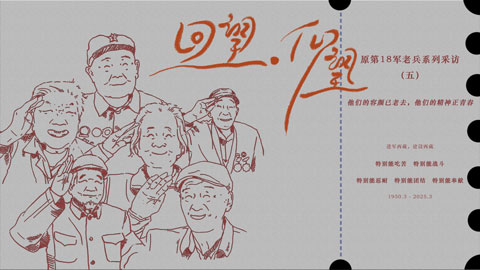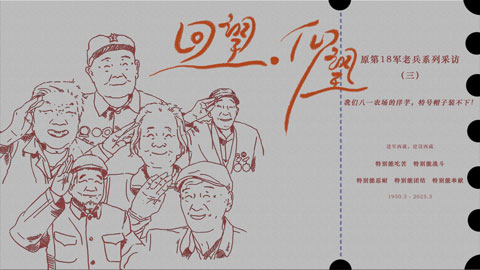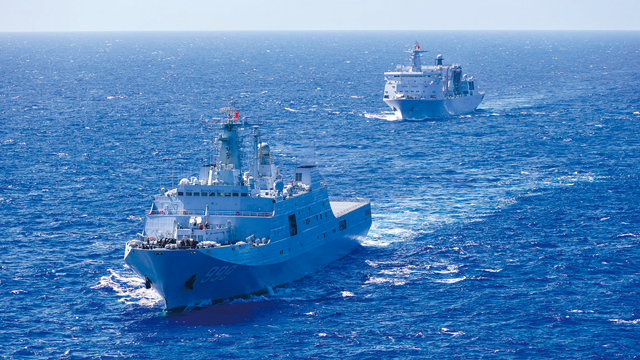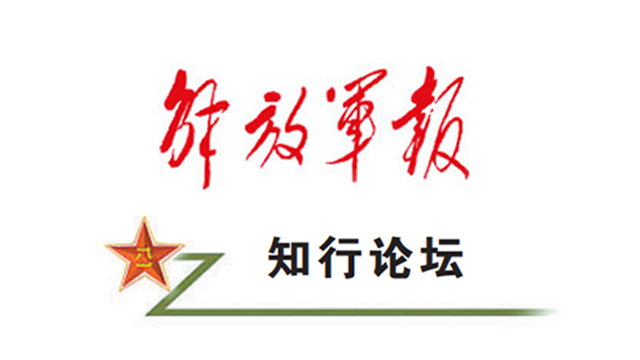BEIJING, March 30 (Xinhua) -- Taiwan's democracy and rule of law are backsliding while the Democratic Progressive Party (DPP) authorities led by Lai Ching-te are suppressing political opponents and dissenting voices and restricting freedom of expression.
As the DPP's campaign color is green, people in Taiwan are labelling its recent authoritarian tactics "green authoritarianism."
The main target of these authoritarian actions are people who oppose "Taiwan independence" and call for improving cross-Strait relations.
One high-profile case was a woman from the mainland who married a man in Taiwan and expressed her support for China's reunification online under the nickname Yaya. The island's authorities revoked her residence permit in Taiwan and forced her to leave the island, separating her from her husband and three children. Similar treatments were imposed on two other mainland spouses.
In addition, a police officer in Taoyuan faced investigation simply for introducing himself on his social media account as "Chinese."
Disturbingly, Lai even proposed reinstating the military tribunal system, which reminded the public of the island's martial law era.
Such incidents reflect a broader climate of fear intentionally fostered by Lai and the DPP authorities. While aggressively demonizing the mainland, the DPP authorities and their online wings are stepping up harassment of individuals and organizations that engage in cross-Strait exchanges and support peaceful development of cross-Strait relations.
A chilling effect has emerged on the island where only one political stance, which is for "Taiwan independence," is deemed acceptable and free from suppression and intimidation.
The DPP, which has long portrayed itself as a "guardian of democracy", has now become quite the opposite, turning Taiwan into a place where speaking out against the authorities carries real risks.
Lai assumed office under a weak electoral legitimacy, winning with a minority of both votes and seats in the legislature. Rather than acknowledging this reality and focusing on improving administrative performance, he has doubled down on his separatist stance and pursued aggressive political crackdowns.
The so-called security threats or infiltration risks from the mainland have been frequently used by Lai to distract the public from the failures of the DPP authorities in promoting economic and social development in Taiwan.
Lai's political manipulation is becoming increasingly blatant and radical because deep down he knows his separatist movement is losing ground. More and more people from Taiwan are engaging with the mainland for work, study, and business, challenging the ideological narratives upheld by Lai and his party.
Public backlash against Lai's repressive policies is growing and "green authoritarianism" is doomed.




















